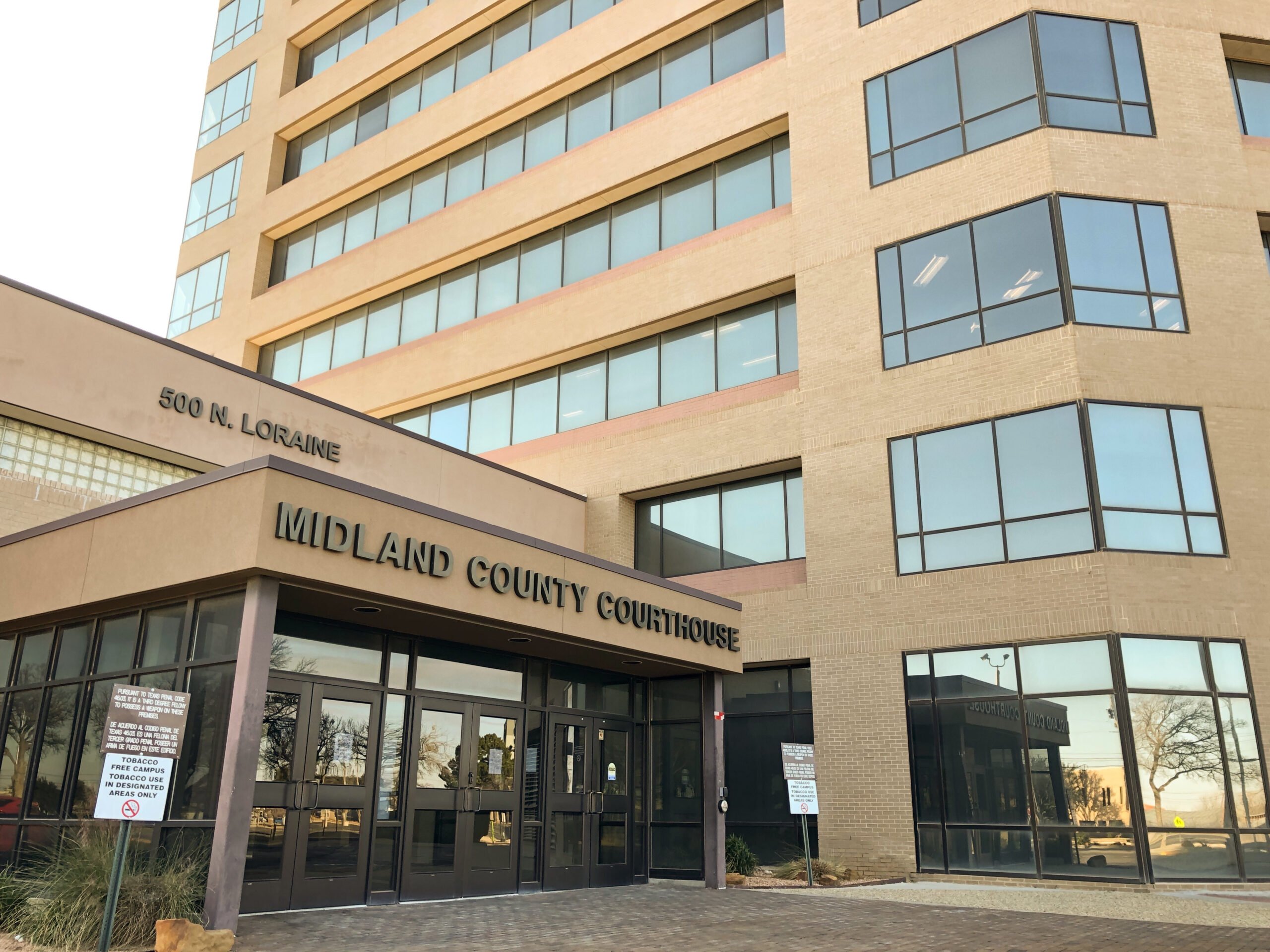ustxtxb_obs_2008_09_05_50_00013-00000_000.pdf
Page 7
Change, Anyone? SEEKING HIGHER GROUND IN DENVER by BRAD TYER photos by BARBARA SCHLIEF o It was Tuesday afternoon, the second day of the Democratic National Convention, and I was squatting by a sofa in a leased warren of hospitality suites in a brick building near Denver’s Pepsi Center, sipping a local brew and munching a deep-fried “beef cigar” courtesy of the nonprofit group Media Matters. On the couch was University of California-Berkeley linguistics professor and Don’t Think of an Elephant author George Lakoff, best known in political circles for his work exploring the ways in which the parties use metaphor to frame debate. Lakoff was fiddling with an ill-functioning iPhone and bemoaning the “idiot” environmental movement’s incomprehension of the full insidiousness of the Bush administration’s latest assault on the Endangered Species Act when he was distracted by the banner headline on a television tuned to CNN: “Dems Don’t Attack McCain.” The extent to which Democrats in Denver would take the fight to Republican nominee John McCain was, of course, one of the convention’s prefab themes, one story line among many whose minutely observed consideration provided grist for the cable news machine’s mill. Would they or wouldn’t they? When? And with what effect? It wasn’t these questions that hijacked Lakoff’s attention so much as the headline itself, the trumpeting, on a news program, that something hadn’t happened. Which is a tempting metaphor for the convention as a whole. It’s long been fashionable to dismiss the parties’ quadrennial coronation ceremonies as exercises in pure stagecraft, devoid of meaningful drama and overstuffed with canned speechmaking. Network television’s hour-a-night coverage is properly premised on the judgment that little of the newsworthy variety actually takes place. Well, yes and no. Ought the citizenry feel compelled to follow every twist and turn of the rules-of-order arcana that govern a political convention’s progress? Of course not. Need anyone but the helplessly starstruck bother tracking the private-party appearances of Ben Affleck, Ashley Judd, Kanye West, and Darryl Hannah? Hardly. Can even the most motivated chronicler be expected not to nap through the perfunctory early-program pronouncements of the Formerly Republican Mayor of Nowheresville and the heartfelt Artist Robert Indiana’s “Hope” sculpture outside Denver’s Pepsi Center. testimony of an Uninsured Mother of Howevermany? Please. Could anyone, including 15,000 journalists, possibly give a damn about the logjammed logistics of navigating a temporary bureaucracy seemingly designed specifically to frustrate every last already frustrated ambition of 15,000 journalists? Lord, no. But for 4,440 delegates, and especially for those newly motivated first-timers who’d clawed and cajoled their ways from primary to caucus to state convention to this plateau, there was meaning aplenty. Just being in Denver meant they were participating, and in the act of participating they were helping fulfill their obligation to democracy, which has always promisedeven when it was lyingto function of, by, and ultimately for the people. Just feeling obligated to democracy implied that democracy was a thing that might reward the attention. For the city of Denver, for the emergingly relevant Mountain West, for attending press, for partying celebrities, the 45th Democratic National Convention may have meant many things, SEPTEMBER 5, 2008 THE TEXAS OBSERVER 13


